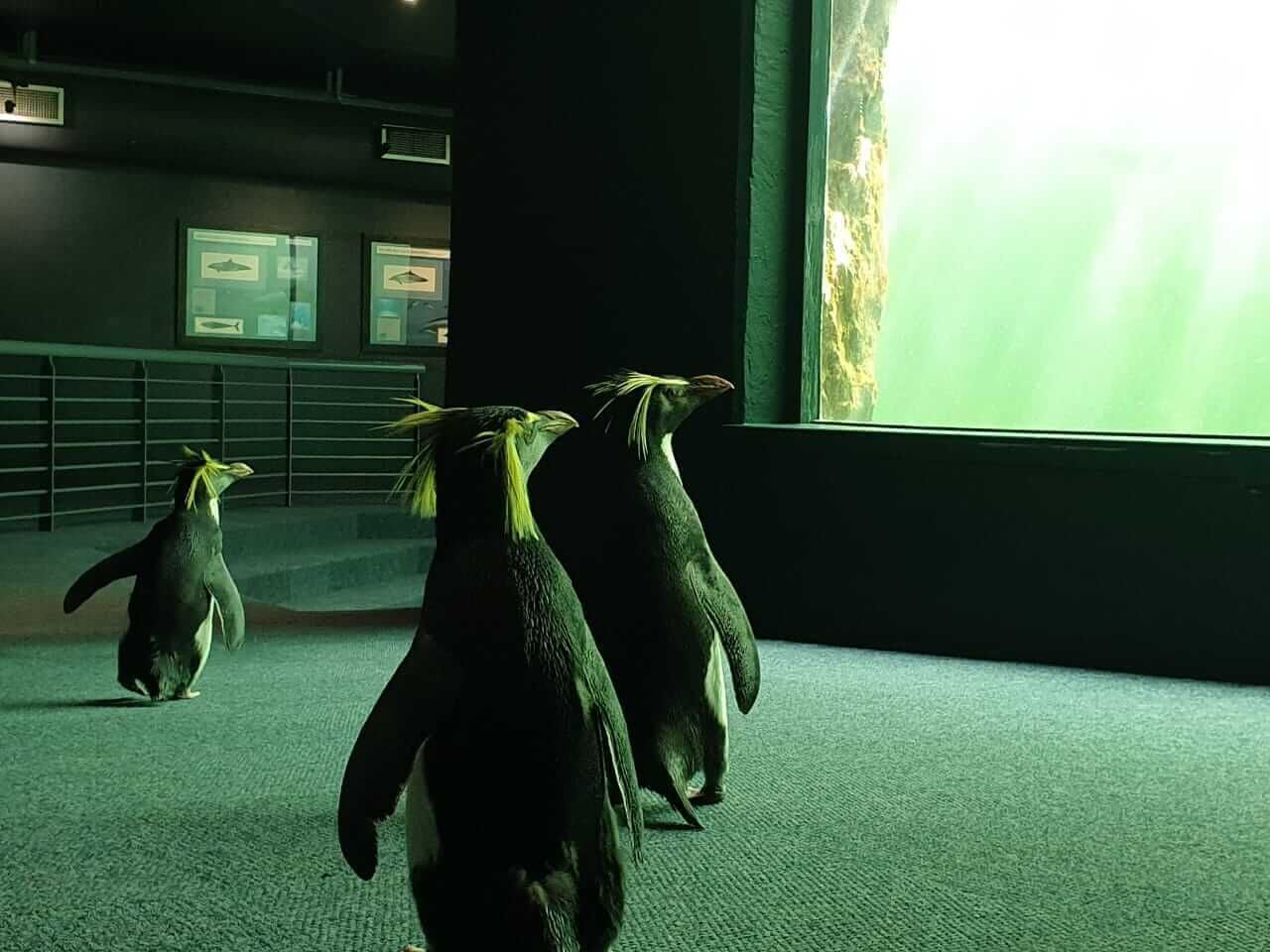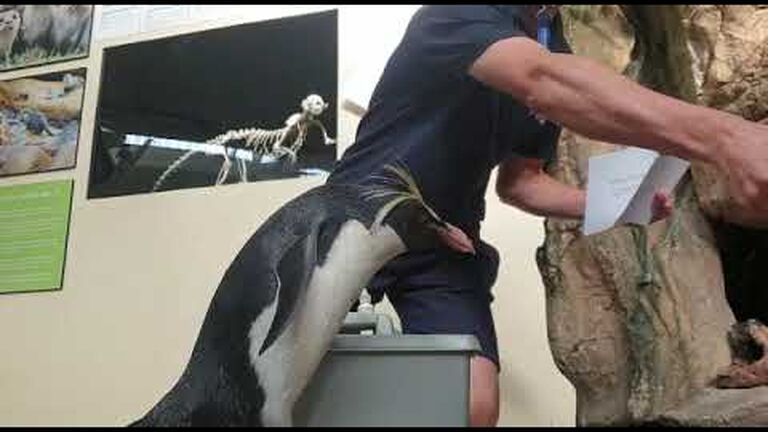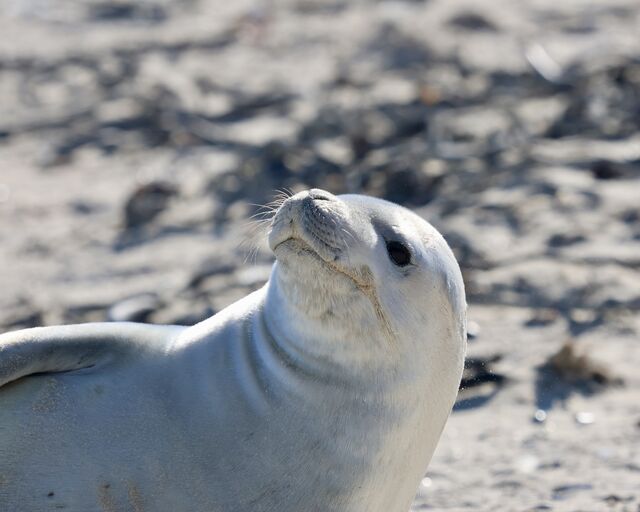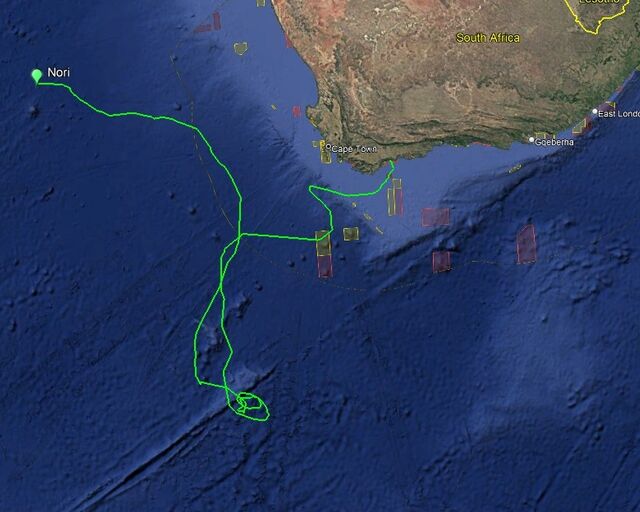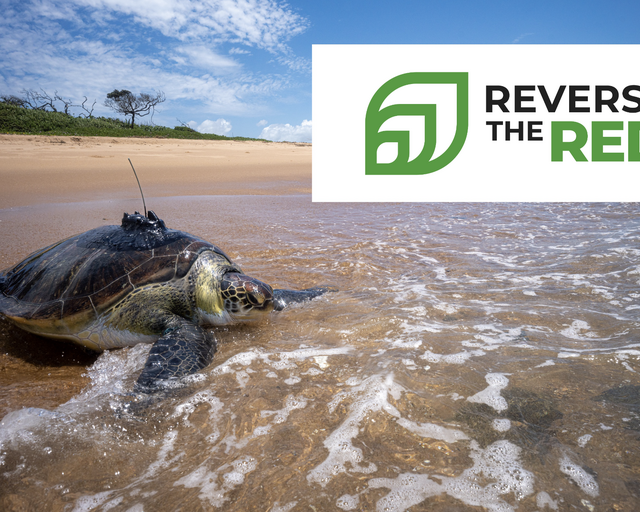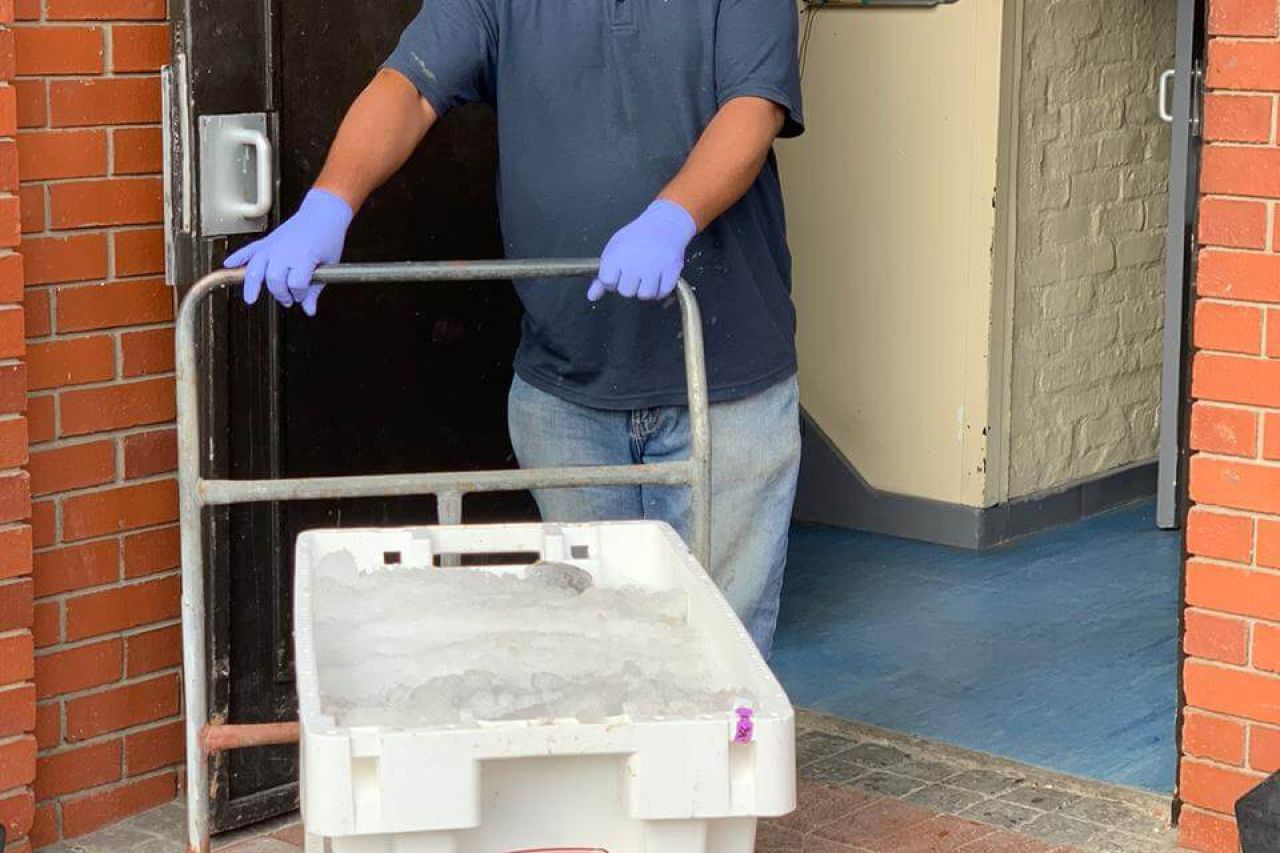
South Africa's COVID-19 lockdown is undoubtedly affecting the lives of millions of people - but what is happening to the animals at the Two Oceans Aquarium?
In accordance with Minister Ebrahim Patel's guidelines, we have activated our emergency protocols and a skeleton crew of staff that are essential for the maintenance of the Aquarium's life-support systems and for the ongoing provision of food and veterinary care to the animals in our care remains on duty. This means that our animals are still receiving the best care possible until the lockdown ends; for them, nothing has changed. In the meantime, our floor guides, marketing team, admin staff, functions organisers, puppeteers, researchers, drivers, and many other non-critical (but still very important to us) team members are staying at home as part of the nationwide lockdown - just like many of you.
Let's take a look at what our team is getting up to during the lockdown:
In the lab...
Our water quality, micro-organism and jelly labs are all essential for maintaining a steady food supply for many of our planktivorous animals - especially in light of the fact that we cannot leave the Aquarium to collect this food. We even got some science done, with resident jellyfish expert Krish Lewis hard at work on rearing root-mouth jellies (Euphilema inexpectata), from eggs retrieved from washed-up jellies - the first time this little known endemic species has ever been successfully grown in captivity!
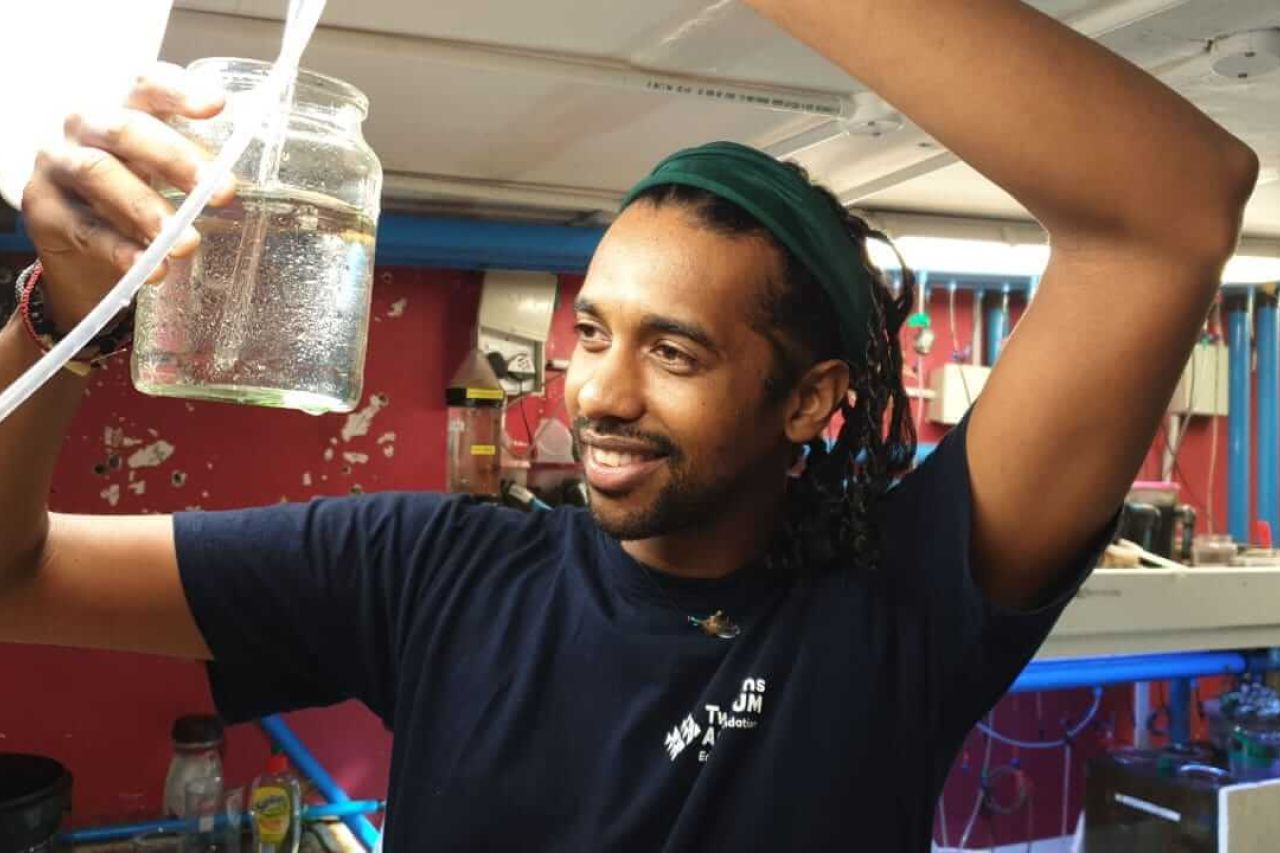
With the penguins...
Penguins have become the beacon of joy amid the global coronavirus crisis, but as much as they lighten our hearts, they also need attention and care from their passionate keepers. Luckily, they have enthusiastic carers who are seeing to all their food, veterinary and enrichment needs during these coming weeks.
Feeding the sharks...
The sharks, fish and other sea life in our care need to have strict dietary requirements met on a daily basis. Up to this task are our animal nutritionist, aquarists and divers who are ready to get hands-on and ensure all the Aquarium's mouths are fed.
For aquarist Leigh, "getting hands-on" becomes quite literal when it comes to feeding the sharks in her care.
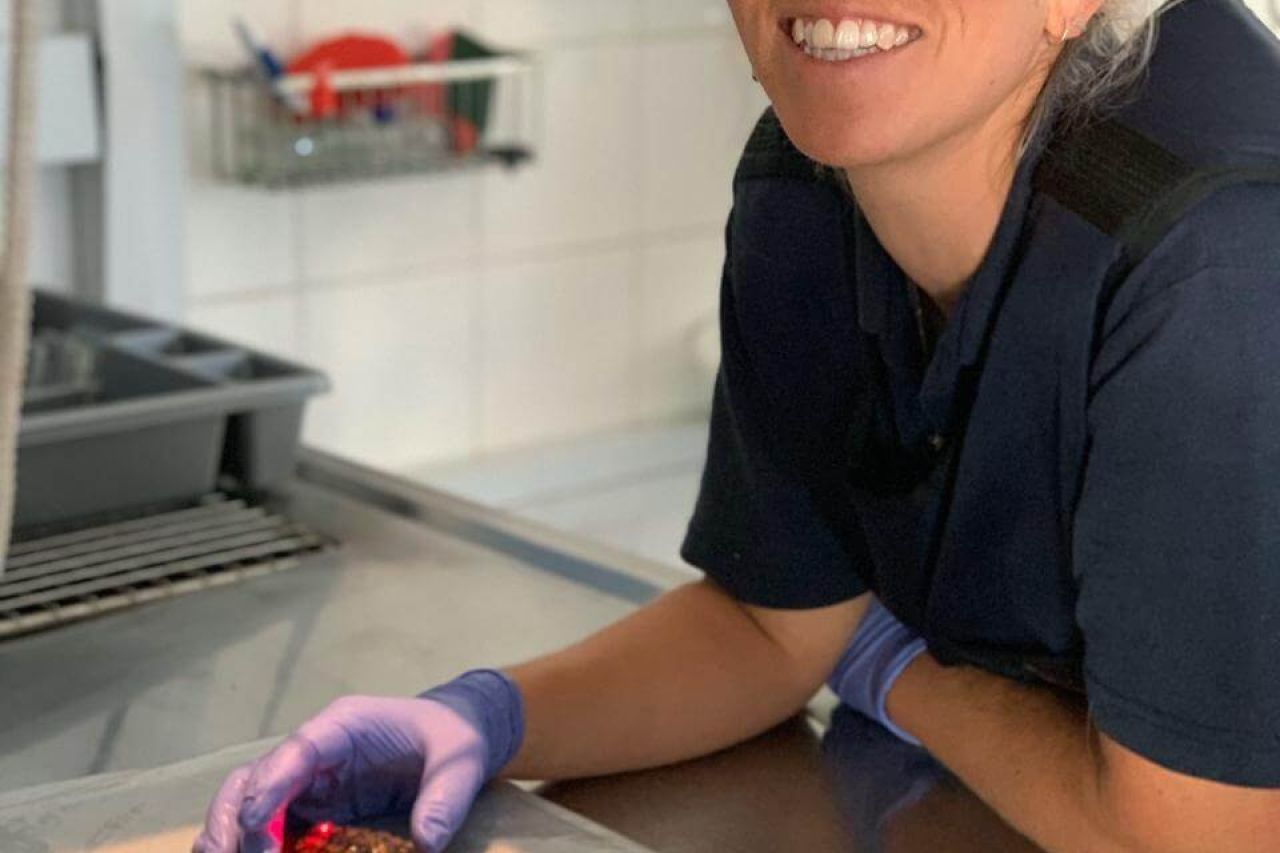
Behind the scenes of the exhibits you have come to know and love, the Two Oceans Aquarium together with our non-profit partner the Two Oceans Aquarium Foundation, actively rescues, rehabilitates and releases stranded and distressed sea turtles as part of our broader conservation mission. With the support of an extensive network of organisations and volunteers along the Western Cape's coast, and many incredible donors, hundreds of sea turtles have been saved, reared to full strength and released back into the wild.
Some of the partners - such as SANParks, CapeNature, law enforcement and several coastal municipalities - who help us as part of the Turtle Rescue Network can, fortunately, still patrol hotspot beaches known for stranded turtle hatchlings. With the City of Cape Town, Kynsa, Overberg and West Coast municipalities as official supporters, stranded turtles are still able to reach the Two Oceans Aquarium and Bayworld Aquarium during the lockdown. We currently have 19 endangered sea turtle hatchlings receiving ongoing treatment and dedicated medical care at the Two Oceans Aquarium. Conservation Coordinator Talitha Noble and her team are still in operation, ensuring that these little ones receive the care they need.
Please consider supporting this turtle-saving work through the registered non-profit public benefit organisation the Two Oceans Aquarium Education Foundaiton. Click here to donate.
Maintaining ecosystems...
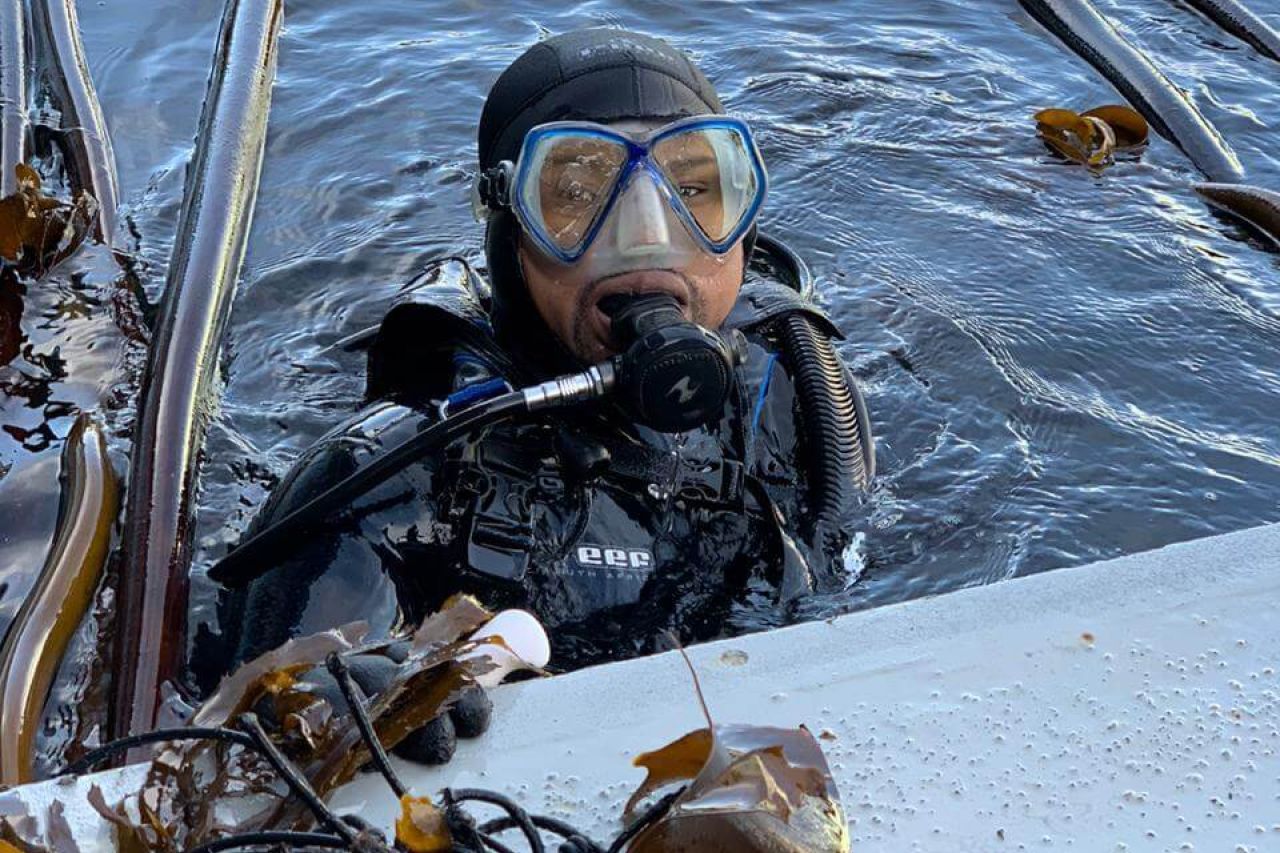
Many of the Aquarium's exhibits contain large populations of sea plants and algae, such as kelp, sea lettuce, and caulerpa. No exhibit demonstrates this better than our Kelp Forest Exhibit, which usually holds a constant population of living sea bamboo. Because we cannot collect fresh seaweeds, either by boat or on our shore during the lockdown, and because keeping the seaweed we do have healthy with a skeleton staff is a large workload, we've temporarily removed it from all our exhibits.
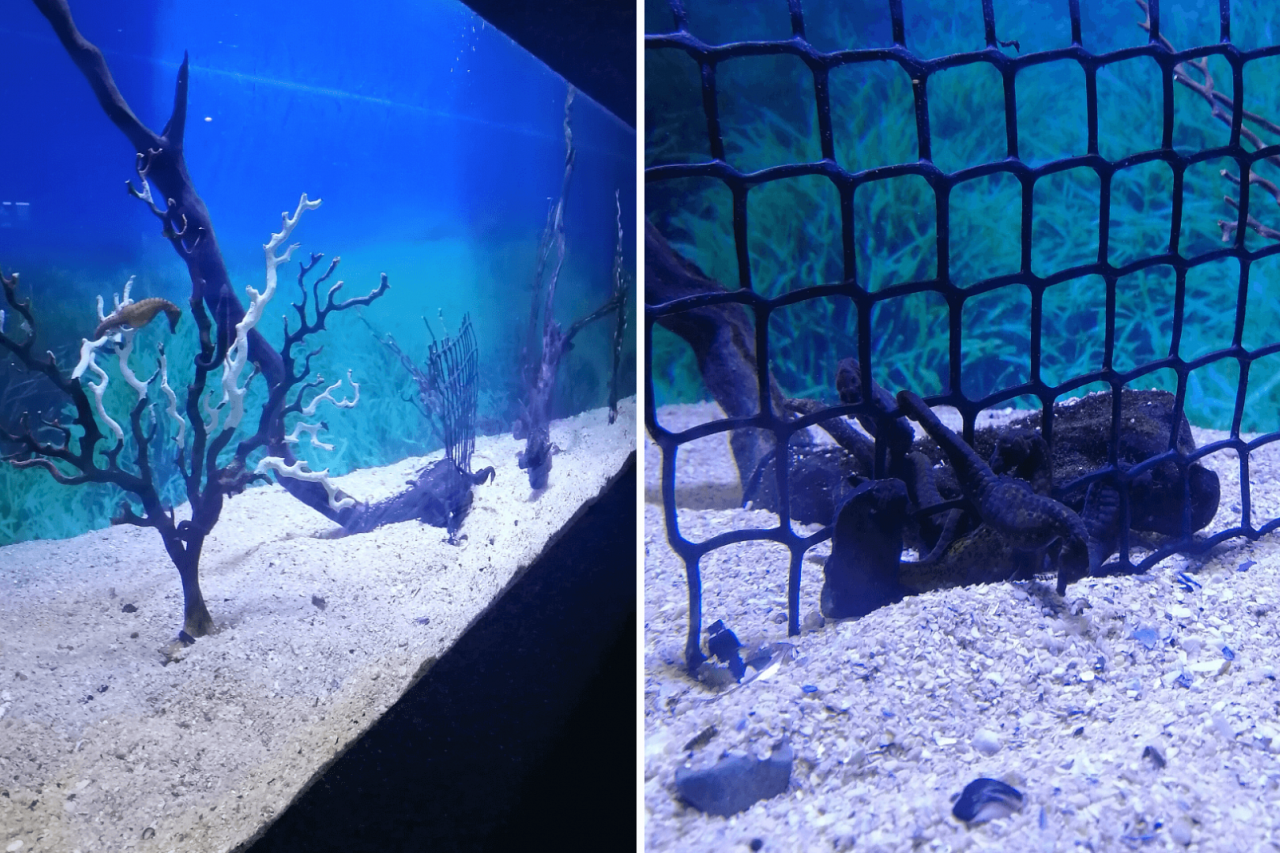
Management...
With the Aquarium's financial, marketing and administration teams at home during the lockdown, all on-site decision making and quality assurance has been left to a patrol of diligent rockhopper penguins. That's why they are in business attire.
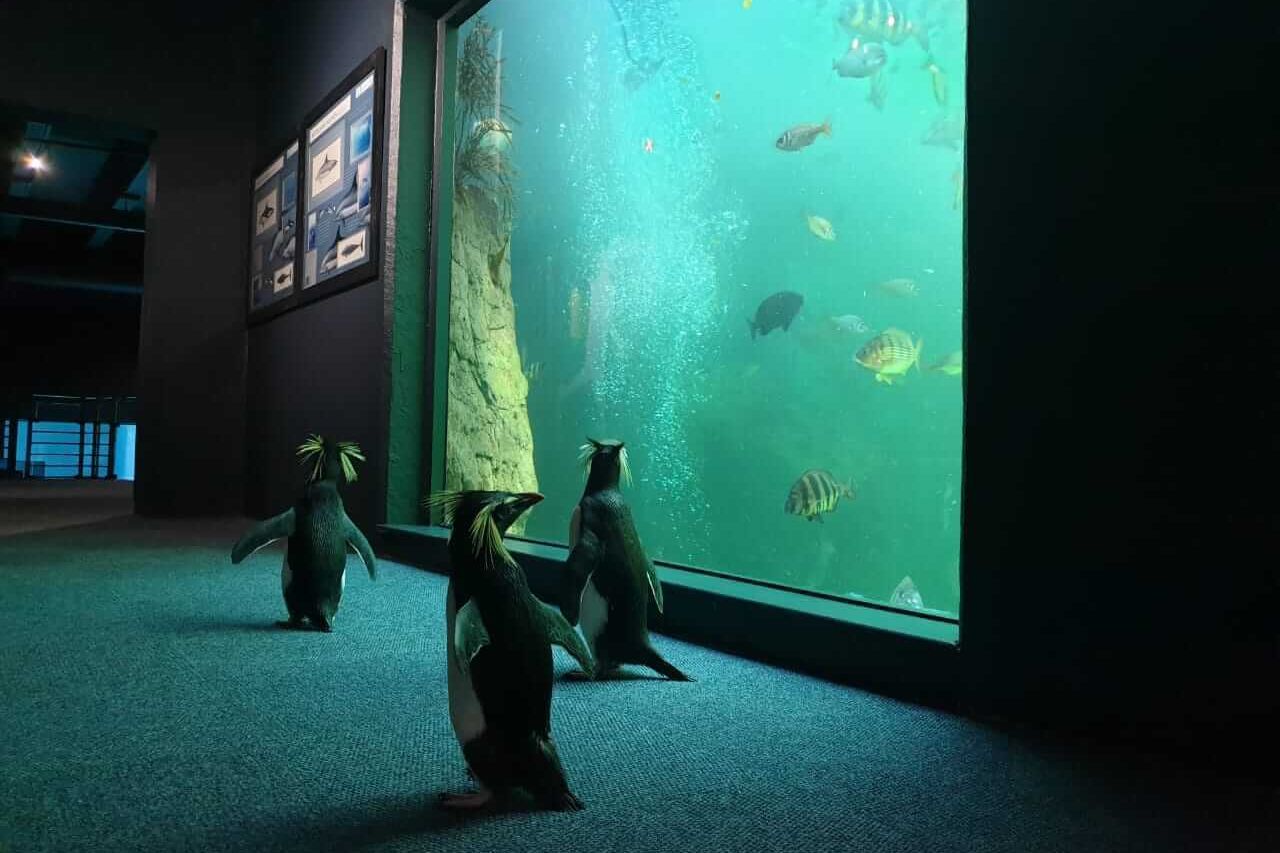
Life support...
Within the Aquarium building lies a labyrinth of pipes, pumps, filters, chillers, and heaters that keep the critical life support infrastructure for all the animals in our care running, providing each exhibit with just the right conditions for their inhabitants to thrive. This life support system is bespoke - and quite confusing to anyone not familiar with it! While non-essential maintenance staff are under lockdown, key technicians and aquarists in our Curatorial and Workshop teams remain on-site to operate these systems and intervene if something goes wrong.
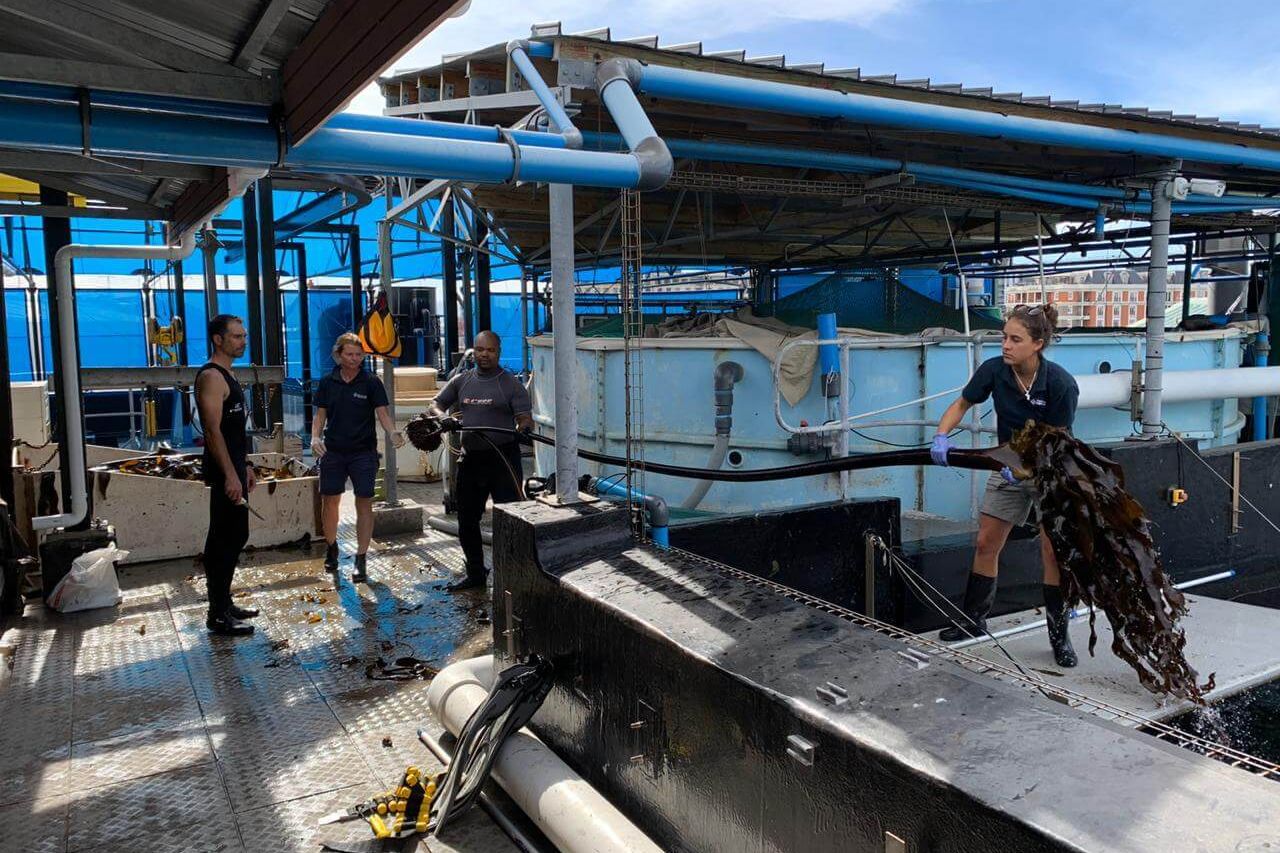
Education...
The Two Oceans Aquarium Foundation's team of environmental educators are not critical for the wellbeing of our animals, but that doesn't mean that their work isn't crucial. Working from home, this team of teachers has taken their normally face-to-face youth courses online, using Zoom and Google Classroom to work directly with school children who also find themselves locked-down at home.
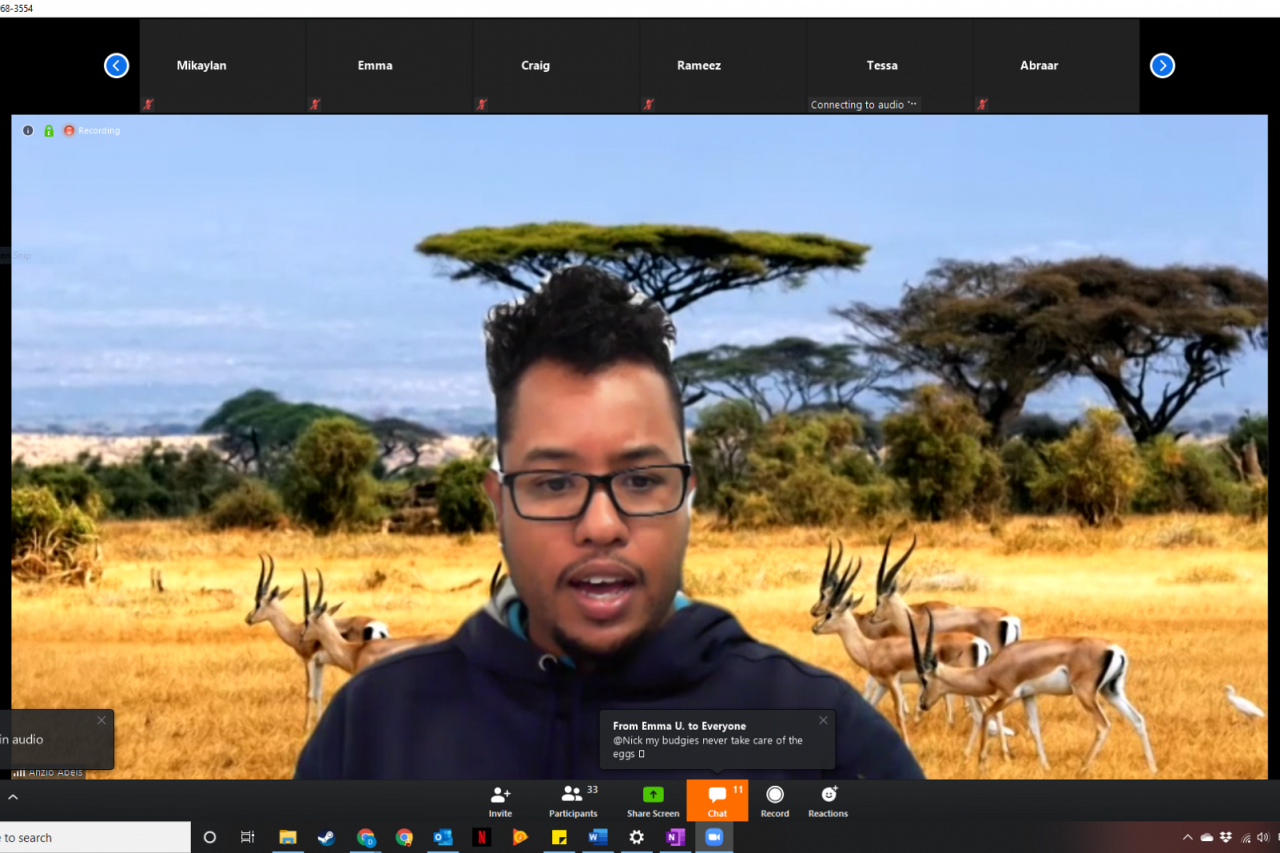
There are many other members of our team, all working tirelessly to keep the animals in our care safe, well-fed and happy. Together, South Africa can overcome the current crisis - so stay home, stay safe and let's beat this virus!
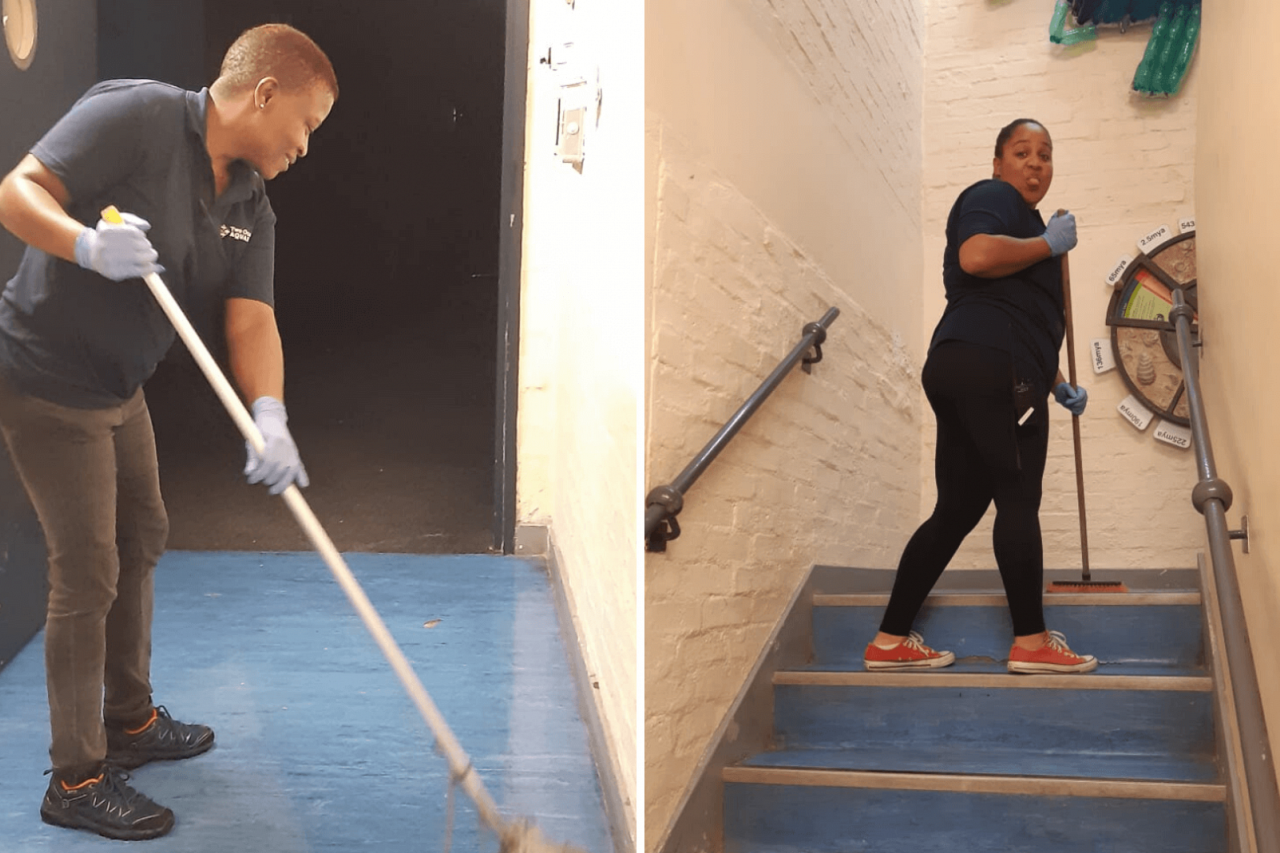
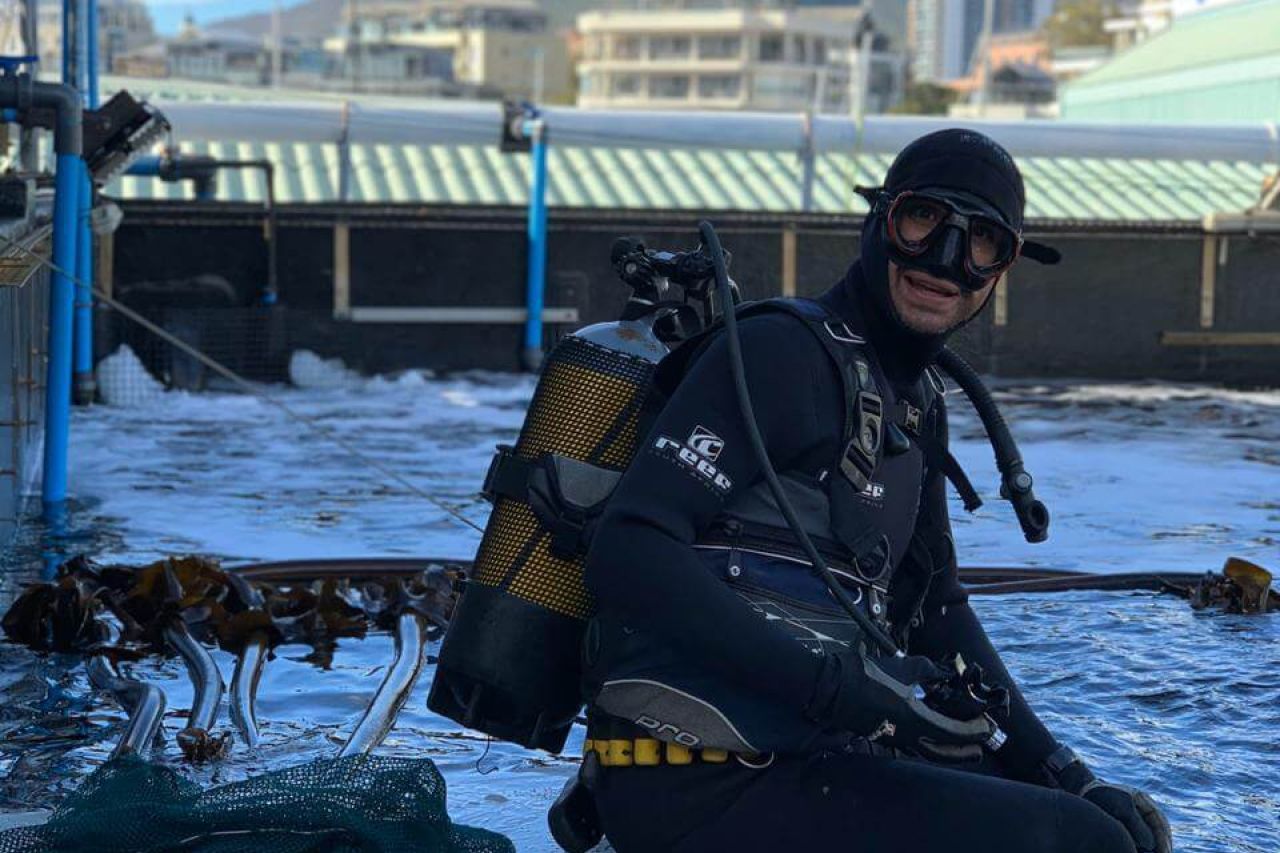
The legalities - if you're curious
Related News
Sign up to our Newsletter
Receive monthly news, online courses and conservation programmes.
